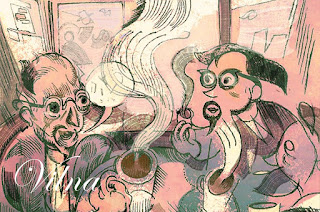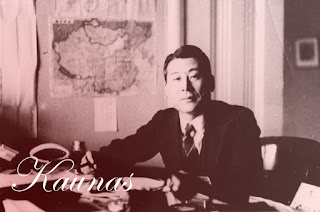Letters from the Baltic

In the mid-nineteenth century, European peoples began a movement toward self-definition in terms of “national” or “ethnic” distinctions. It was an age of social upheaval and change. With the industrialization of the Baltic region (modern Lithuania, Latvia, and Estonia), indigenous ethnic groups began to replace Baltic Germans, Polish-speaking elites, and Jews in towns and cities. These same urbanized populations were subject to the Russification policies of the later tsars and developed a greater sense of their own identity in response. As national consciousness arose, resistance to imperialism took the form of increased interest in folk traditions—music, literature, dance, dress, and a revival of pre-Christian religious traditions in institutional form. The principle of national self-determination shattered several empires in the First World War, leading to independence for Lithuania, Latvia, Estonia, and Finland on the Baltic, Poland, Hungary, Czechoslovakia, and Yugoslavia in...
